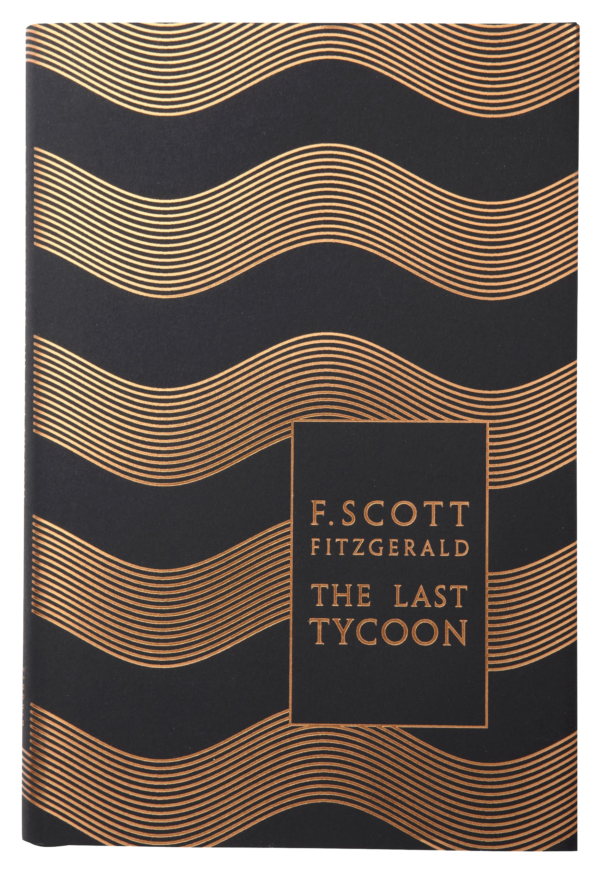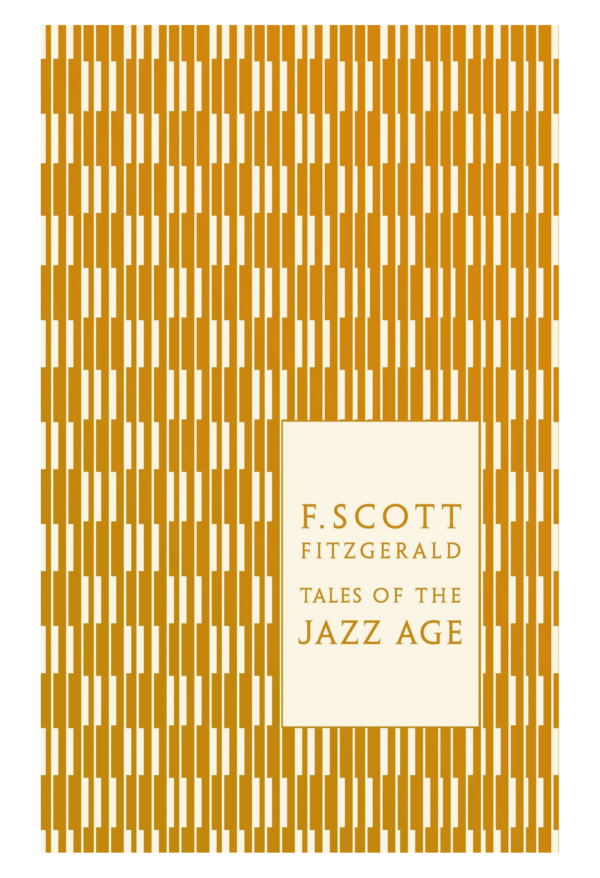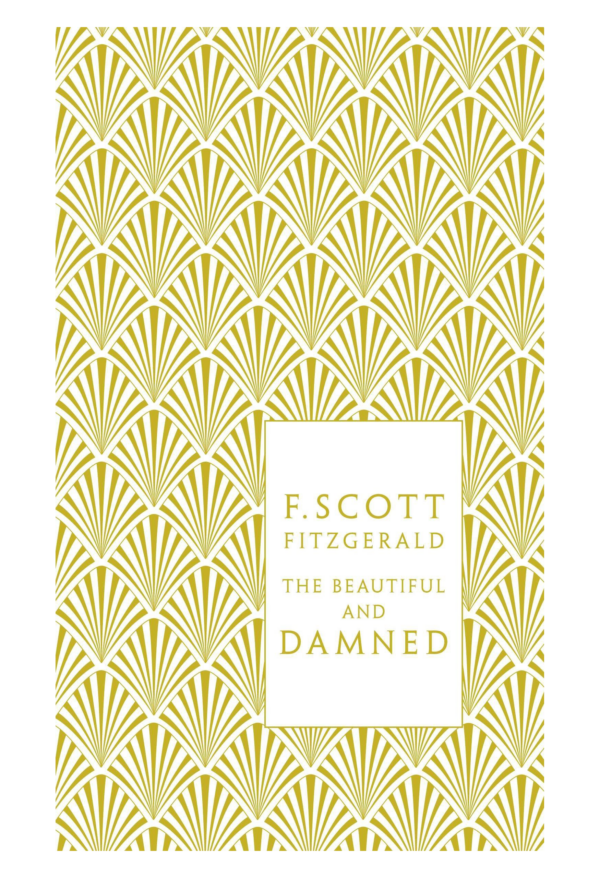The problem [Pauline] Kael undertook to address when she began writing for The New Yorker was the problem of making popular entertainment respectable to people whose education told them that popular entertainment is not art. This is usually thought of as the high-low problem — the problem that arises when a critic equipped with a highbrow technique bends his or her attention to an object that is too low, when the professor writes about Superman comics. In fact, this rarely is a problem: if anything profits from (say) a semiotic analysis, it’s the comics. The professor may go on to compare Superman comics favorably with Homer, but that is simply a failure of judgment. It has nothing to do with the difference in brows. You can make a fool of yourself over anything.
The real high-low problem doesn’t arise when the object is too low. It arises when the object isn’t low enough. Meet the Beatles doesn’t pose a high-low problem; Sgt. Pepper’s Lonely Hearts Club Band does. Tom Clancy and Wheel of Fortune don’t; John le Carré and Masterpiece Theater do. A product like Sgt. Pepper isn’t low enough to be discussed as a mere cultural artifact; but it’s not high enough to be discussed as though it were Four Quartets, either. It’s exactly what it pretends to be: it’s entertainment, but for educated people. And this is what makes it so hard for educated people to talk about without sounding pretentious — as though they had to justify their pleasure by some gesture toward the ‘deeper’ significance of the product.
— Louis Menand, “Finding It at the Movies,” New York Review of Books, 3/23/95






